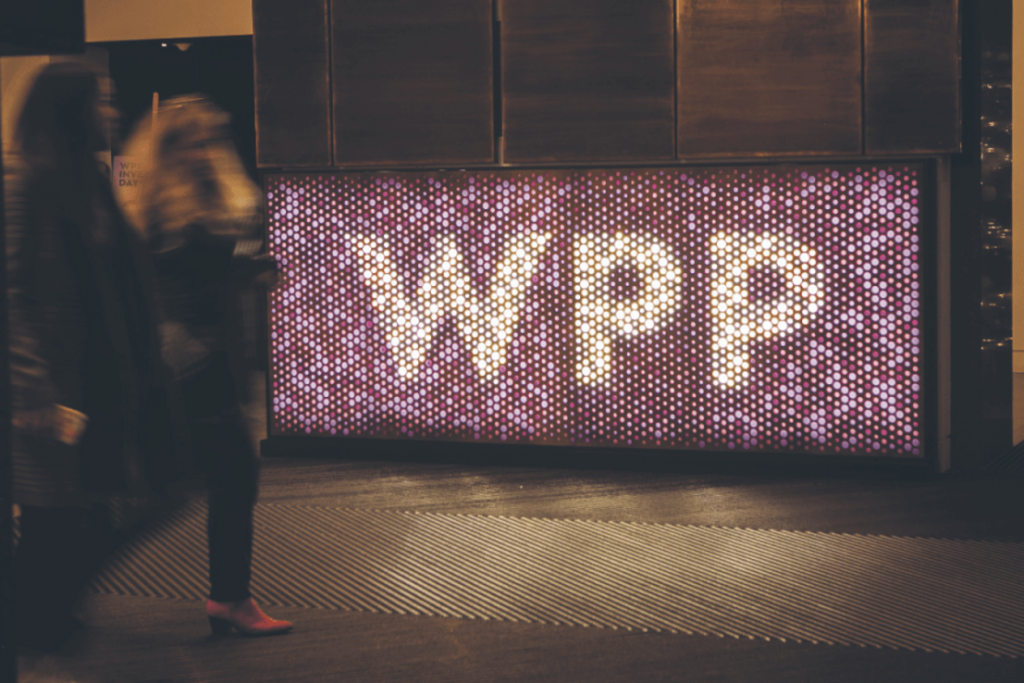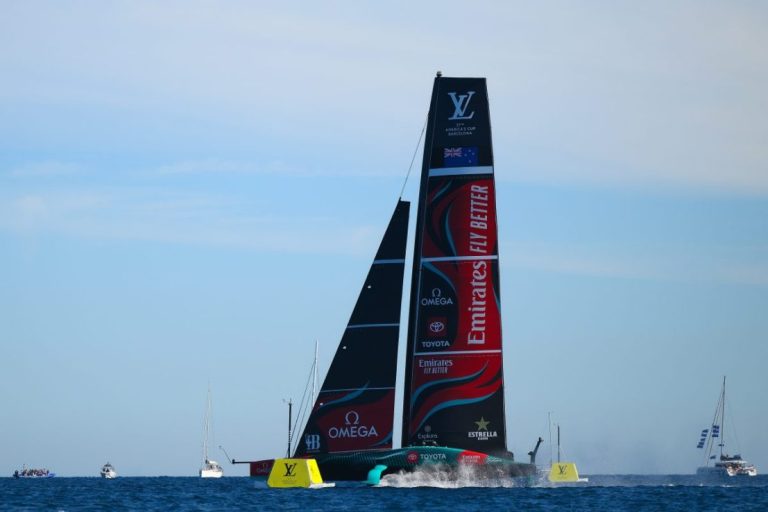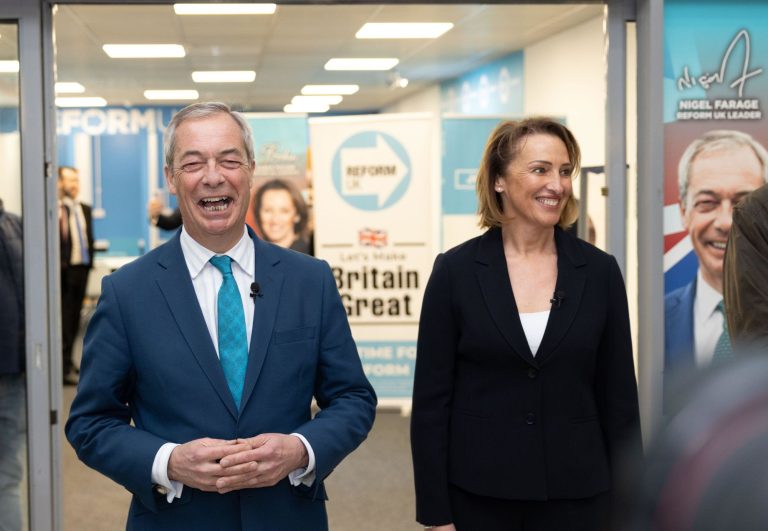
As the digital landscape continues to evolve, the advertising industry is witnessing a seismic shift driven predominantly by the integration of artificial intelligence (AI). WPP, a global giant in communications and advertising, is positioning itself at the forefront of this transformation by betting heavily on AI to regain its industry leadership. Amidst increased competition and financial setbacks, WPP’s strategic focus on AI innovation is not just a timely adaptation but a bold offensive move to reclaim its dominance in the market.
WPP’s Commitment to AI
WPP’s integration of AI into its operations marks a natural progression in the advertising sector’s evolution. With a history of financial fluctuations, including a significant dip in share prices to a four-year low and the loss of key clients such as Coca-Cola to rivals, WPP acknowledged the urgent need to innovate. By deploying AI at a velocity commonly associated with tech powerhouses like Google or Meta, WPP is aligning itself with cutting-edge technology to enhance its service offerings.
Stephan Pretorius, WPP’s chief technology officer, highlighted the company’s effort to match the deployment pace of the digital giants, stating, « We are delivering software at the pace of Google or Meta. » With up to 30 software releases a day, WPP has embraced a level of agility and responsiveness previously unseen in its history, proving its dedication to real-time innovation and industry leadership.
AI: Enhancing Creativity and Campaign Efficacy
Contrary to the fear that AI might cannibalize human creativity, WPP perceives AI as a catalyst for enhancing creative processes. Pretorius refers to AI as a « thought partner, » facilitating a collaborative environment where human creativity is amplified rather than replaced. This synergy between AI and human intellect expands the horizon of possibilities, accelerating the journey from conception to execution.
In production, AI’s contribution is centered on automation, enabling scalable content adaptation across diverse languages and markets. This scalability is crucial in optimizing each facet of the advertising cycle, from media planning to creative ideation, allowing brands to make data-driven decisions efficiently.
Strategic Integration Across Operations
The crux of WPP’s AI integration is encapsulated in its innovative platform, ‘WPP Open.’ This AI-powered marketing operating system standardizes tools and workflows, facilitating seamless collaboration across WPP’s extensive network. With an annual allocation of $400 million dedicated to AI, WPP’s ongoing investment underscores its commitment to weave AI intricately into the fabric of its operations.
Pretorius emphasized the platform’s capability to unify the company’s diverse agency functions, describing it as a “full marketing operating system” that utilizes standardized resources to maximize efficiency and client engagement.
AI Agents: Custom Solutions for Evolving Needs
One of WPP’s groundbreaking initiatives involves empowering employees to create bespoke AI agents tailored to specific demands. This decentralized approach has facilitated the development of 28,000 individual agents across the company, ranging from pricing and creative agents to those focusing on campaign effectiveness. By enabling employees to blend automation with human oversight, WPP ensures a balanced integration of AI, allowing for human artistry and analytical prowess to flourish symbiotically.
Anticipating Future Trends in Advertising
Looking to the future, WPP is resolute in its efforts to bolster AI-driven ideation and automation tools. With its new Canvas function, teams can amalgamate various AI models in a collaborative digital space, offering clients immediate visualization of potential ideas and enabling instantaneous concept testing.
Pretorius elucidated, “Clients can invest in the best ideas and see what they look like immediately, rather than spending resources on ideas that may never see the light of day.” This capability not only increases the efficiency of resource allocation but also reinforces WPP’s position as an innovator in leveraging technology to enhance client outcomes.
As WPP competes in an AI-saturated market, marked by rivals such as Omnicom and Publicis stepping up their tech-focused investments, its dedication to embedding AI within its business model positions it strongly in the era of digital transformation. Pretorius and the WPP team recognize the transformative potential of AI in revolutionizing the advertising industry, aiming to maintain their competitive edge by embracing technology as the cornerstone of their operations.



